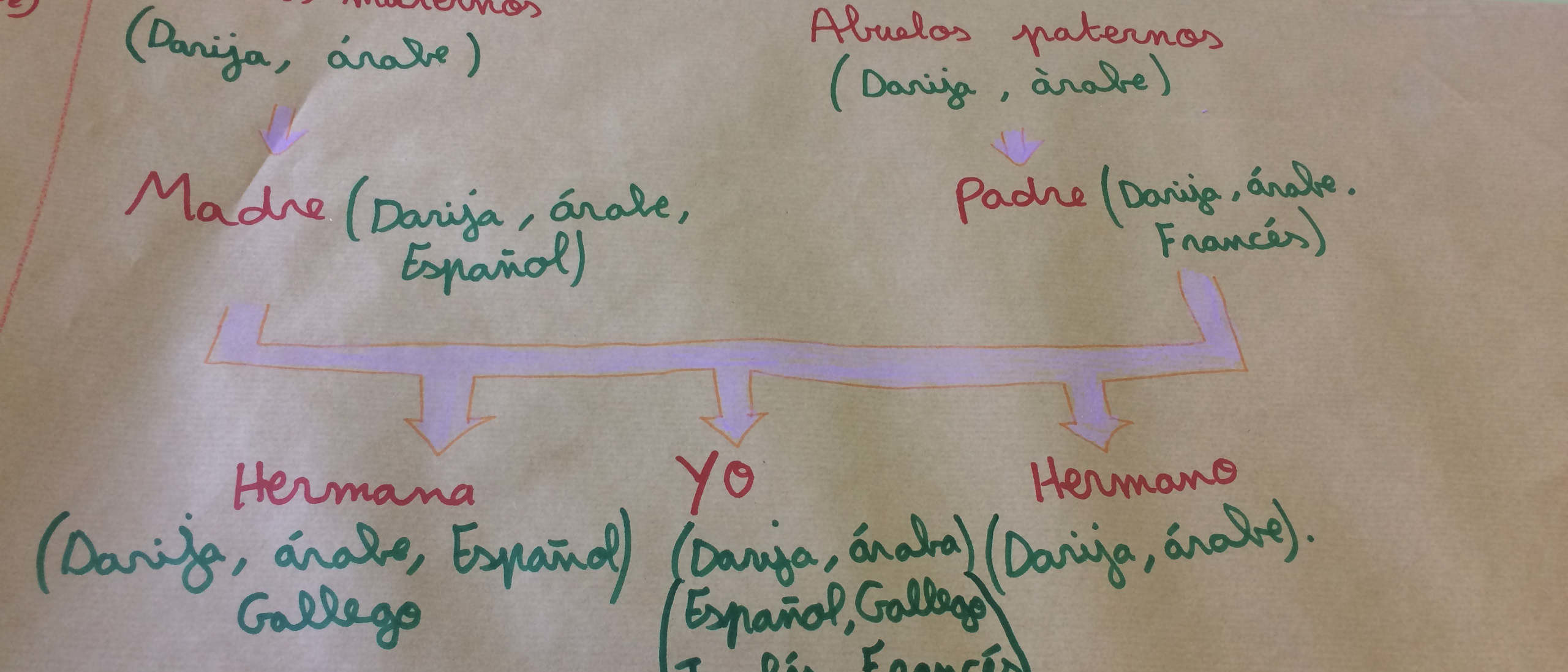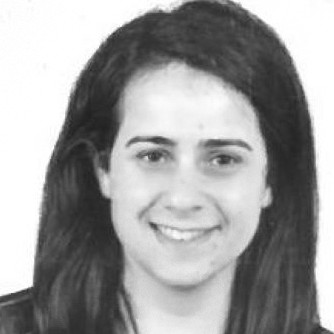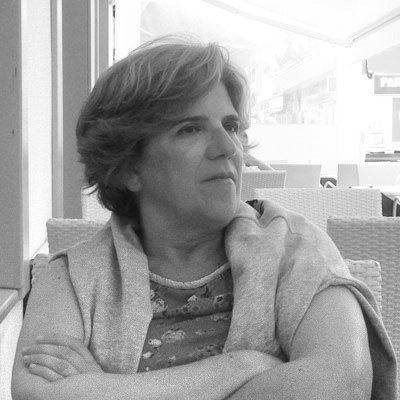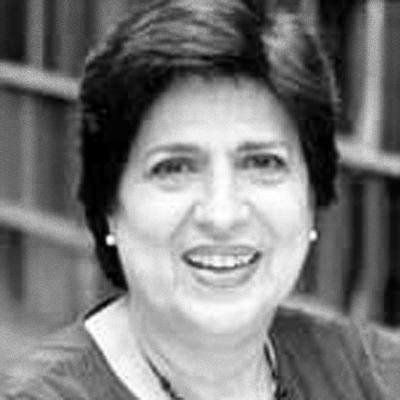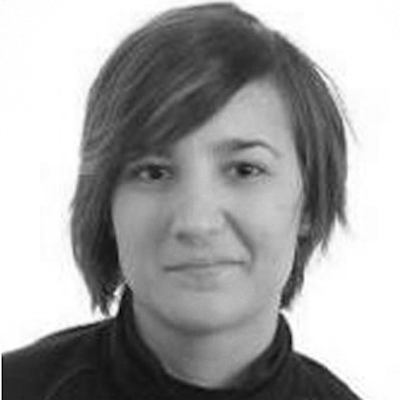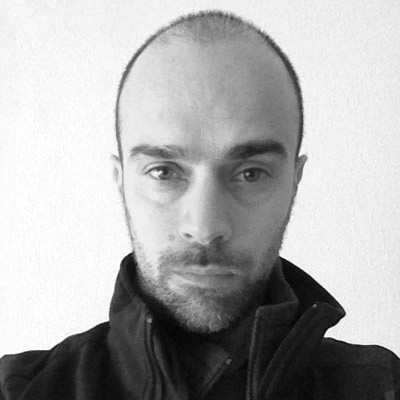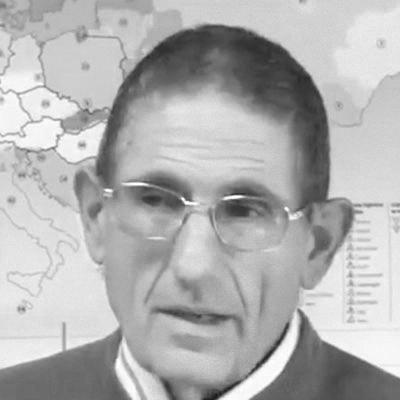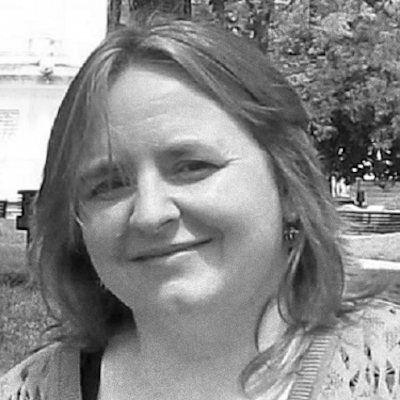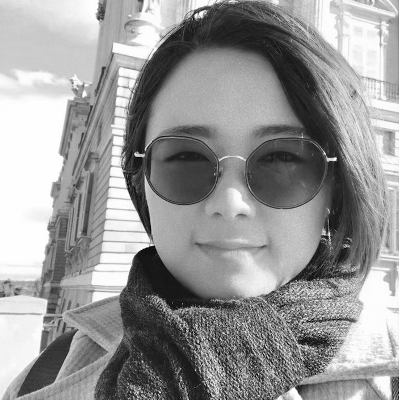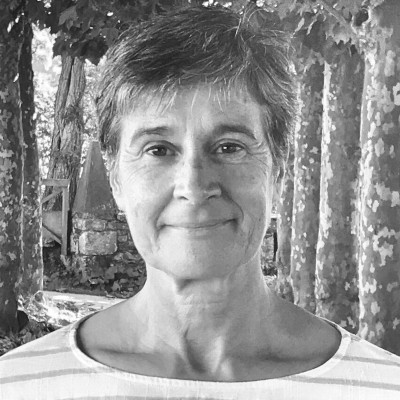This project investigates the spaces of sociolinguistic transformation linked to mobility, globalisation and the impact of language policies in the Galician educational context of rururban areas. It is part of the coordinated project EquiLing that will take advantage of the of the diversity of sociolinguistic situations found in Galicia, Basque Country, Catalonia and Madrid.
These different contexts are used to implement theoretical advancements based in diverse conditions and build an innovative theoretical framework. EquiLing Galicia will facilitate the understanding of the sociolinguistic situation of the Spanish state and propose action initiatives to address it, particularly through education. In Galicia, both Castilian and Galician are official and institutionally recognized.
This project, however, focuses primarily on migrant languages that are invisible in order to understand the implications for their speakers. It intends to study how multilingualism linked to migration triggers gatekeeping situations at school and, therefore, constitutes a forgotten context that reproduces a type of social inequality that is linked to the disparate access to institutional and academic linguistic resources. This project studies the role of young people as key agents in the management of emerging multilingual sociolinguistic regimes and it will analyse their new linguistic repertoires. It will be carried out in the secondary schools of Arteixo, one of the main rururban city councils of Galicia, which receives a significant number of migrant population and we will explore other emerging multilingual sites in other peripheral spaces of Galicia. This research will be conducted within a multidisciplinary frame, combining critical ethnographic sociolinguistics and participatory methodologies (co-labor).
It follows a qualitative methodology and the multi-sited and multimodal ethnographic collection of data will allow for the creation of a corpus containing data from formal context (classroom) and informal spaces (extracurricular activities and network exchanges). The data collection will be carried out in the process of participatory action research with critical linguistic awareness activities, drama techniques and interactive ITC.
The objectives are: (1) to elaborate Sociolinguistic Diagnoses, based on the results of the current project (FI2016-76425- P), in order to propose hypotheses on the processes of linguistic inequality in the Galician educational context; (2) to analyse situated practices in order to observe: (a) how non-normative practices. such as hybridization, affect the redistribution of linguistic resources and the (mis)recognition of speakers; (b) how the management of new repertoires index different models of speakerhood while also projecting space-making in which the sociolinguistic regimes and different forms of resistance and silence are reconfigured at different glocal scales; (c) how fostering critical linguistic awareness reinforces forms of agency that transform the language in order to promote an inclusive linguistic citizenship; (3) to apply the results to the following: (a) to build an innovative theoretical framework; (b) the multimodal development of CORES (Corpus de Repertorios de Estudiantes de Secundaria); (c) resources of transference: proposals for new linguistic educational policies; development of ITC-ATC-ET educational materials for AVEL http://avel.cesga.es/, aimed at students and teacher training/transformation.
